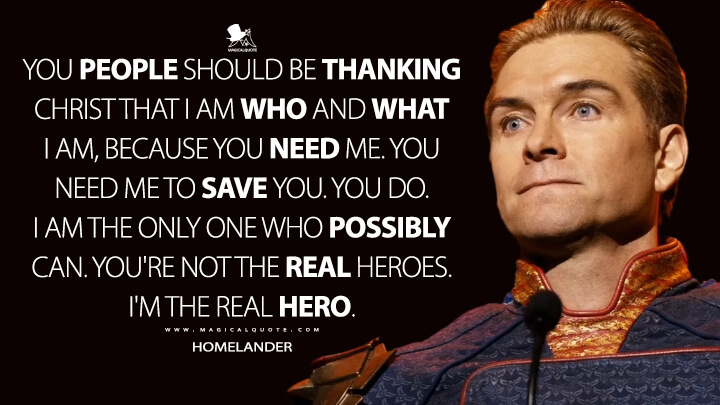Led a difficult Writing Program meeting last week.
I enjoyed it because the faculty were helpful and engaged, but it was a tough one.
We discussed our instructor evaluation procedures and how they impact the scheduling process.
It's just a difficult topic.
There was a division that I noted, and I need to sort out what that division means for a Writing Program Coordinator.
On one side of the division, we have faculty who see the challenge of teaching in a comprehensive regional university that has recently ended remediation, and they've responded in this way: My task as a professional is to find teaching and assessment practices that support this population of students and their progress toward our learning outcomes.
On the other side of the division, we have faculty who know they are teaching courses with class caps that are too high and students who lack the support they need to meet the demands our learning outcomes present. These faculty members see the situation this way: Too many of these students do not have the resources they need to pass my course, and I am the one who gets unjustly blamed for that.
I'm gonna admit, as an instructor, I know which side of the divide I stand on. But that doesn't mean shit.
My job is to make sure these sides don't see each other as adversaries. My job is to hear these two sides and determine what kind of support they need. And then to figure out how to provide that support.
I've written about the need to strengthen our school's support system for student writers. The system is there, but it needs help because our required courses are not enough for many of our students. They need to have resources - but more importantly - to use resources outside the classroom to grow as writers.
I engaged in an interesting (and related) conversation with an instructor shortly after the meeting. This person was concerned (rightfully) about the outsized impact student feedback has on instructor evaluations. One of the problems mentioned was that students create outside chat groups that do not include the instructor via Discord or Slack. A negative leader in such spaces can sour a class in very little time, and there's not much an instructor can do once that occurs.
And I recognize that issue. We began discussing how to implement solutions.
But then something was said that didn't feel right. The instructor expressed frustration because, they claimed, students using these apps rely on each other for help on assignments rather than asking the instructor.
See, that shouldn't frustrate anyone. I read that as a huge positive, not just for the students, but also for the instructor. Part of our goal in a Writing Program is to prepare students to write without the support of a composition instructor. We know they will face new writing challenges in their major and in their post-collegiate endeavors. Students who actively seek out support from peers beyond the boundaries of the classroom are demonstrating a kind of resourcefulness that they will need when instructors are no longer there to support them. The fact that they are already doing this is kind of awesome. We should wear that like a badge.
I don't want composition instructors to believe that they are entirely responsible for the writing development of their students. Students must be able to work with the instructor and all of the other resources present in the community to grow as writers.But taking that position isn't easy if students and/or faculty don't believe the resources are available or sufficient.
So, that divide is informative, no matter what side of it I'm on. I recognize that building up student support, offering more paid professional development, and establishing a lecturer mentoring program are all parts of the mix, but this experience helped me see one other thing I should set my sights on.
I got the idea on Saturday when I went to Avid Reader Books in Sacramento and I got to see Jodi Angel do a reading from her new book, Biggest Little Girl. Jodi is a friend from my days in the UCD fiction writing program, and her reading was stunningly powerful.
The author who read before Jodi is Josh Fernandez, who read from an upcoming memoir, The Hands that Crafted the Bomb (coming out this winter). Josh is also a composition instructor at Folsom Lake College, and the reading provided an insightful, powerful, humorous, and devastating look at what it means to teach composition today.
As I listened, I realized I need to listen more. I need to provide a space for voices like Josh's and other composition instructors.
Our students, our faculty, our administrators, and our community need to know what it means to teach writing in these times.
So, I have a project. I gotta find some money for prizes and organize a Creative Non-Fiction on Composition Competition (oh, and I gotta ask Josh if he'd be a judge). I think it could be fun. It'll be work - but work well worth it.






No comments:
Post a Comment